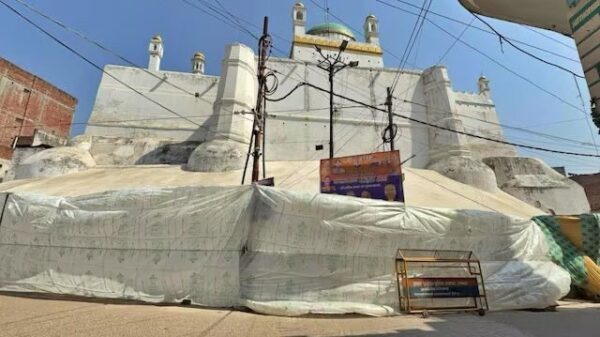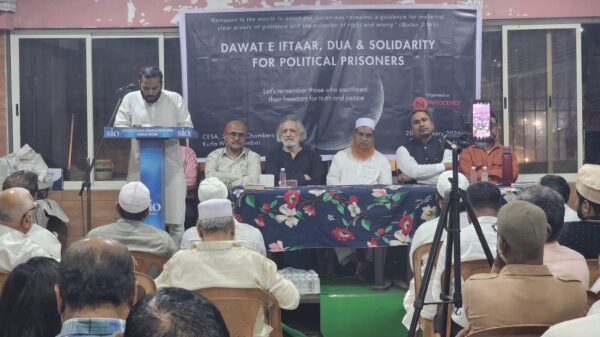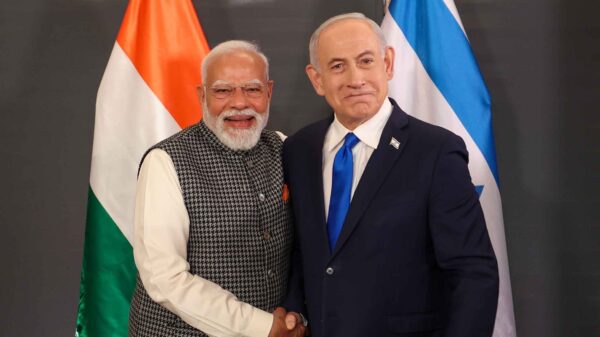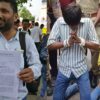Every fourth Indian police personnel thinks it is natural for a mob to punish the culprit in matters of grave concern. And 22 per cent believe that killing “dangerous criminals” is far better than a legal trial.
This was the statistical outcome of a report on the status of policing in India, which was released by Lokniti-CSDS and Common Cause at the India International Centre on Tuesday. These findings are based on a survey of 8276 police personnel across 82 locations in 17 states and union territories.
The survey also features detailed interviews with doctors, lawyers and judges who often engage in legal interactions with police and people in custody.
The summary of the report reveals a dreary picture of torture and poor adherence to regulations laid down by law.
The report was released by a distinguished panel comprising of the former Odisha High Court Chief Justice S Muralidhar, lawyer and activist Vrinda Grover, public health expert Dr. Amar Jaisani, and retired IPS officer Prakash Singh.
Among the most distressing revelations is that 30 per cent of the cops surveyed approve and justify the use of third degree methods in serious cases, while 9 per cent even support it for convicts of petty crimes. 11 per cent even justified the mistreatment (slapping and hitting) of the family of the accused. 25 per cent supported slapping “uncooperative” witnesses and 9 per cent even condone the use of third-degree treatment against them.
Mistreatment Against Muslims, Dalits & Adivasis
Among those interviewed, the majority claimed that the victims of torture are mostly from poor and marginalized communities. A lawyer even claimed that all “faceless and voiceless” are targeted. Muslims, Dalits, Adivasis, illiterate people and slum dwellers are more vulnerable to torture, as per the report’s findings.
18 per cent of the cops believe that Muslims are “naturally prone” to committing crimes to a large extent.
The report also highlights the discrepancies in the data of custodial deaths. It even claimed that the majority of custodial deaths occur in the first 24 hours of arrest.
Retired IPS Prakash Singh called the findings “painful reading”. However, he sided with the use of force in dealing with dangerous criminals, arguing that “fear of police must exist”.
Lawyer Vrinda Grover raised concern over lack of legal accountability, and criticized the report’s failure to address sexual violence used as torture, which women of marginalized communities are more susceptible to.
Amar Jesani, public health expert, drew attention to the role of medical professionals in normalizing torture and erasing it’s evidences. He pointed out that autopsy reports are often manipulated, especially in cases involving marginalized groups.
Justice S. Muralidhar criticized the NHRC for its failures, silence, and lack of accountability, highlighting its inaction despite Supreme Court directives against torture. He also condemned the framing of biased narratives, the sanitization of insensitive terms, and the normalization of cruel forms of torture.
































































